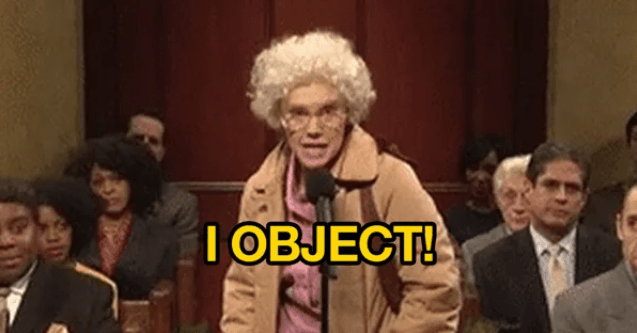Weddings are meant to be joyous occasions where two people pledge their love and commitment to one another in the presence of their loved ones. However, the reality is that even the most carefully planned weddings can sometimes face unexpected challenges, including objections. This unplanned emotional event can have a tremendous impact on a couple’s special day. Objections at weddings can arise for a variety of reasons, ranging from family conflicts to legal concerns. It’s important to understand that these objections, while disruptive, are often rooted in complex personal histories and emotions.
Common Reasons for Objections
Objections and bad situations at weddings can stem from a wide range of factors:
- Family Disputes: Tensions within the couple’s families, such as long-standing feuds or disagreements.
- Legal Concerns: In some cases, objections may be raised due to concerns about the legality of the marriage, such as issues with the couple’s age, citizenship, or previous marital status.
- Moral or Religious Objections: Especially, if the couple’s relationship is viewed as unacceptable or unorthodox.
- Jealousy or Resentment: In some instances, objections may stem from the personal feelings of a former partner, family member, or friend who is struggling with the idea of the couple’s union.
The Role of the Officiant in Handling Objections
The wedding officiant plays a critical role in handling objections during the ceremony. As the individual responsible for conducting the ceremony and overseeing the legal aspects of the marriage, the officiant is uniquely positioned to address any concerns or challenges that may arise. The officiant should be briefed by the couple of any preconceived objections and the Developed Response Protocol.
- Proceed with the Ceremony: If the objection is not resolved, the officiant should proceed with the ceremony, unless a legal requirement or court order dictates otherwise.
- Remove the Objector: from the church or venue by friends or relatives. If necessary, summon law enforcement.
- Document the Incident: The officiant should ensure that a detailed record of the objection and the response is documented, as this information may be valuable for legal or other purposes.


Leave a Reply